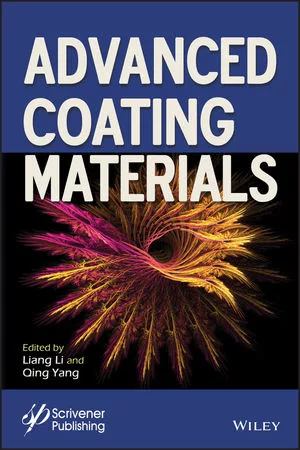New Coating Shields Aircraft Engines from Damage
.webp?t=1730486322)
Image courtesy of the National Center for Manufacturing Sciences (NCMS).
The National Center for Manufacturing Sciences (NCMS) announced the publication of a new Technology Brief focused on how several advanced coating solutions can protect aircraft engines from calcium-magnesium-alumina-silicate (CMAS) attack, which the aviation industry has long recognized as a substantial and ongoing threat.
CMAS is a molten residue that forms at elevated temperatures in aircraft engines from siliceous debris, such as volcanic ash or sand. CMAS adheres to the surface of thermal barrier coatings (TBCs), which are oxide ceramic coatings applied to the surfaces of metallic parts in the hottest part of gas-turbine engines. CMAS attack can cause significant damage to engine components, resulting in TBC failures, coating spallation, and hardware degradation.
A new class of innovative protectants has been identified. A recent NCMS collaboration with NAVAIR, GE Global Research Center, and General Electric has tested and validated that several of GE Aerospace’s advanced engine coating solutions offer capable protection against CMAS attack. Having achieved excellent results during the projects, these coating solutions are currently being applied to the F414 engine of the F-18 aircraft for field testing. This will be the first platform to fly with these coatings, and a field service evaluation will be performed to provide a better understanding of the coatings’ benefits. These coatings are applicable for any aircraft operating in austere sand and/or dust environments and offer significant potential benefits for the commercial airline industry, along with other industries utilizing aircraft.
To learn more about NCMS’s involvement in this work, see the full Technology Brief: https://ncms.org/news/technology-briefs/
Looking for a reprint of this article?
From high-res PDFs to custom plaques, order your copy today!





